Crisis at heart of key Asian ally will rattle White House
South Korea has been, quietly, a huge success story for the West. The US will be concerned by the prospect of chaos in a key ally amid the threat of China in the Pacific.
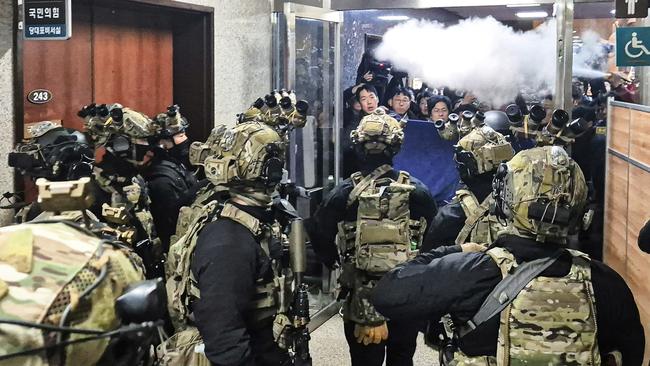
South Korea was supposed to be that rare thing in the modern world, a point of stability. The sight of soldiers scuffling with MPs in the halls of South Korea’s national assembly building last night showed that in 2024 there is no longer any such thing. No certainty goes unchallenged.
The country has been, quietly, a huge success story for the West over recent decades. An ally since the Korean War, when its freedom was won at the cost of huge numbers of lives, including those of British and American soldiers, it has valiantly held the Cold War line against the Kim clan to the north of the demilitarised dividing zone.

At the same time it performed social and economic miracles as it turned from dictatorship to democracy in the 1980s, pushed by Washington. There are few better exemplars of the association between rising prosperity and political freedom than South Korea. Its people, once poorer than Egypt’s, are now as rich as Europe’s. Its technological know-how is second to none; its cars and container ships sell around the world.
All this has been accompanied first by the release of political prisoners – one of them, Kim Dae-jung, became a Nobel peace prizewinning president – and then the establishment of democracy.
Right-wing governments have followed left-wing ones, and vice versa, in orderly succession. They have differed on some matters, such as how to handle North Korea and China, and social rights, but both sides stuck to market policies and the alliance with America.
The US army maintains a base in Seoul housing 27,000 US troops as a “tripwire” against North Korea, in the face of occasional left-wing, anti-American protests.
President Yoon Suk-yeol, a hardline conservative, appears to believe that such residual left-wing feeling is in part motivated by sympathy for North Korea. This will come as a surprise to young South Koreans, for whom the North, while an ever-present threat, is far from their daily concerns – demanding jobs, the keenly observed obligations of family life and a burgeoning cultural scene.
It is hard to believe that active support for the North remains in any way significant in the country, and certainly not enough to form a genuine “enemy within”.
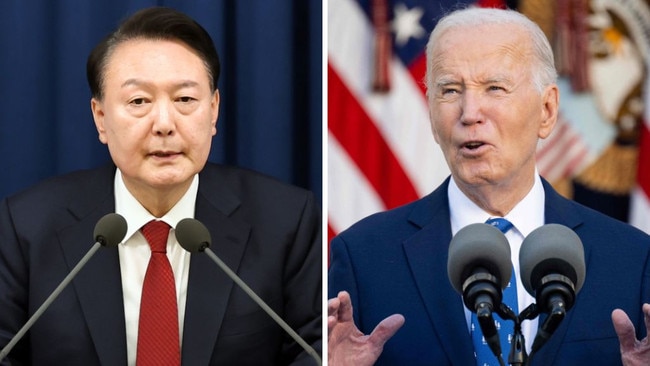
The White House will be concerned by the prospect of chaos in a key ally but will also be looking at its wider interests in the Pacific. South Korea is always keen to stress that the potential enemy is North Korea, not China, with which trade and other ties have grown exponentially.
But South Koreans have also closely followed the growing strategic alignment of Beijing, Moscow and Pyongyang. Yoon has made clear that he regards the US relationship as paramount, with everything that means for his dealings with China.
For all South Korea’s economic prowess, the nature of the neighbours means its leaders inevitably have a tricky hand to play.
It is hard to see how calling out the army on your parliament will make it more likely to fall to your advantage.
The Times

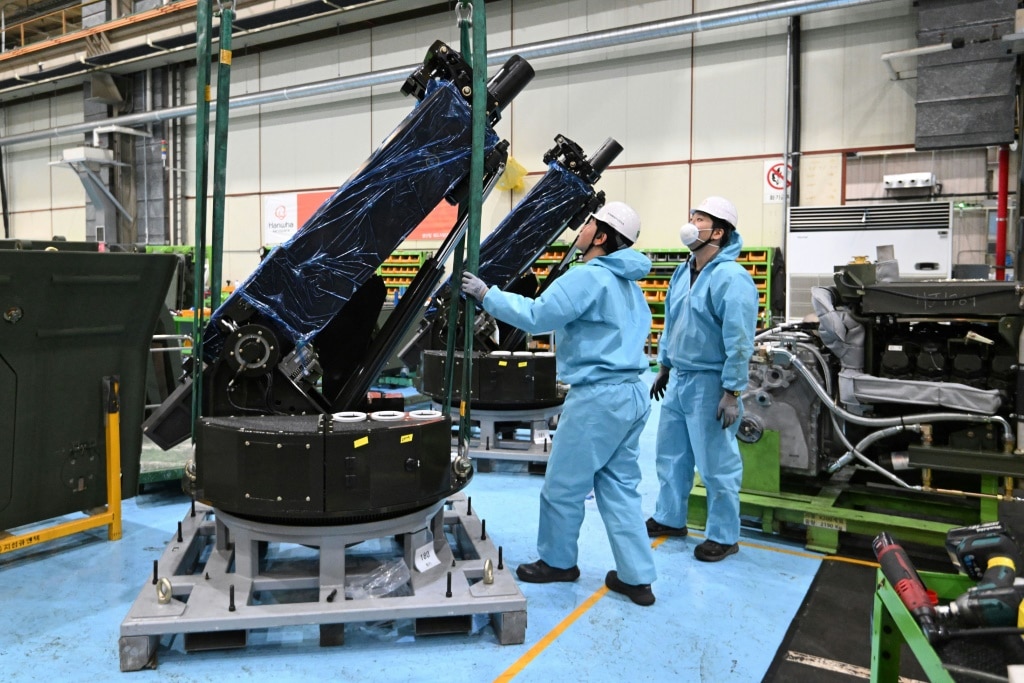

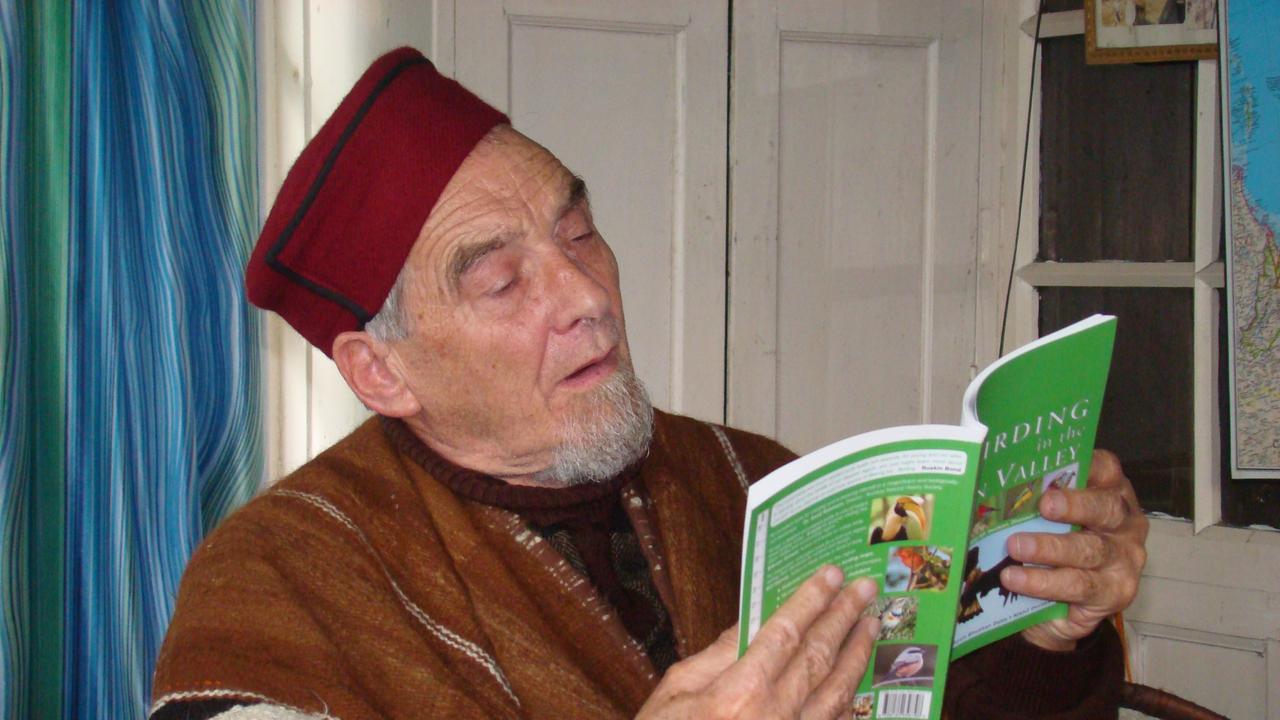
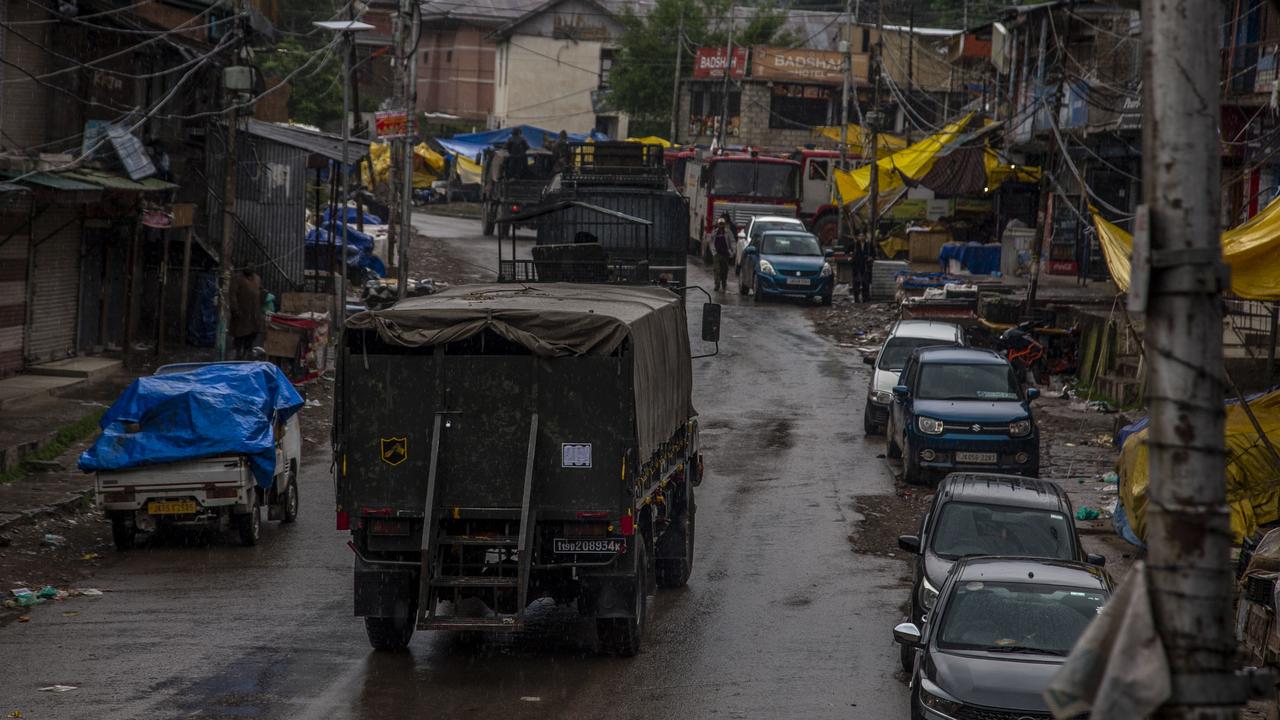
To join the conversation, please log in. Don't have an account? Register
Join the conversation, you are commenting as Logout